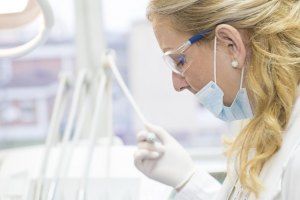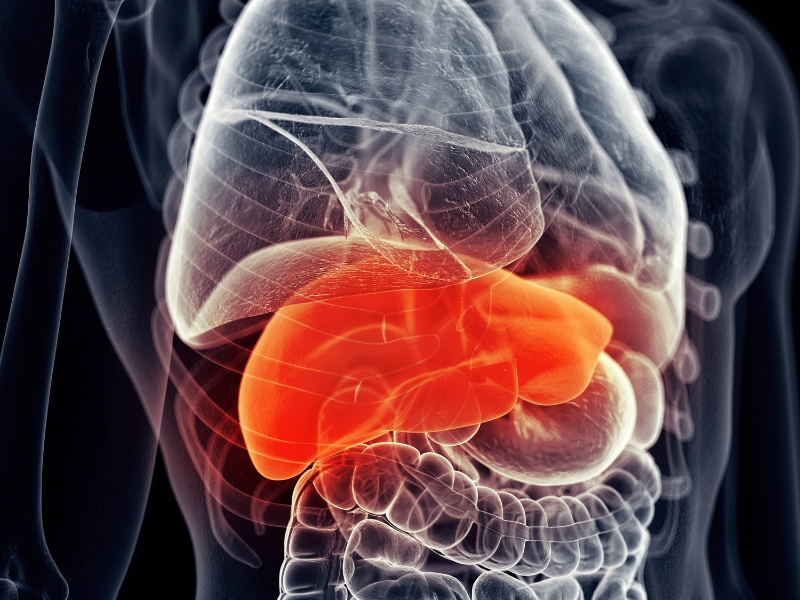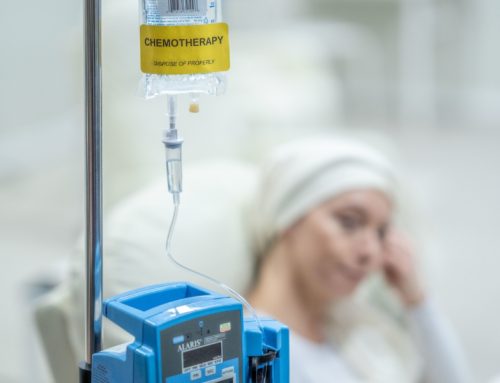
Studies show that supplementation with Coenzyme Q10 during and after surgery can shorten the length of the stay in the hospital following surgery. Coenzyme Q10 supplementation is also associated with increased energy and less muscle pain and weakness following surgery.
Coenzyme Q10 supplementation as a therapeutic option for chronic disease management and for recovery from surgery? Yes. I have just seen interesting reports from two Taiwanese research studies of Coenzyme Q10 supplementation of liver cancer patients.
The study participants were patients with hepatocellular carcinomas: patients whose liver cancer had started in the liver, not migrated to the liver from some other site in the body. Hepatocellular carcinomas are one of the leading causes of cancer death world-wide [Liu 2016].
The major risk factors for the hepatocellular carcinomas are hepatitis B or C and alcoholic liver disease. The most efficient treatment for this form of liver cancer is surgery. However, the surgery also causes increases in inflammation and oxidative damage (the cellular damage caused by highly reactive free radicals) [Liu 2017].
Results of the Coenzyme Q10 supplementation
The Taiwanese study results are very encouraging.
Supplementation twice daily with 150 milligrams of Coenzyme Q10 for a daily total intake of 300 milligrams over a period of 12 weeks yielded the following statistically significant results:
- The plasma Coenzyme Q10 concentrations increased significantly increased by the 4th week and were sustained through week 12.
- The levels of bio-markers for inflammation and oxidative stress decreased significantly.
- The activity levels of the antioxidant enzymes superoxide dismutase (SOD), catalase (CAT), and glutathione peroxidase (GPx) increased significantly by 67%, 42%, and 26%, respectively.
- The levels of glutamic-pyruvic transaminase (GPT) – a bio-marker for liver damage caused by drugs, infections, and alcohol – decreased significantly.
- The levels of high-density cholesterol (HDL-C) increased significantly.
- The Coenzyme Q10 supplementation was well-tolerated and safe with no difference, compared to placebo, in the surgery patients’ vital signs, blood values, complaints of muscle pain or weakness, or other adverse events.
Please note that, at baseline, the patients in the Coenzyme Q10 supplementation group and in the placebo group were similar with respect to a long list of potentially confounding variables:
- age
- blood pressure
- body mass index
- dietary intakes
- exercise frequency
- smoking and drinking habits [Liu 2016]
Benefits of the supplementation with Coenzyme Q10
After 12 weeks, the Coenzyme Q10 supplementation was significantly negatively associated with oxidative stress and was significantly positively associated with the activity of important antioxidant enzymes [Liu 2016].
This is important because patients with hepatocellular carcinomas tend to have higher levels of inflammation and oxidative stress and lower levels of antioxidant enzyme activity [Liu 2017]. It is important to have an adjuvant treatment that can lower oxidative stress and inflammation.
Furthermore, the GPT and HDL-C results reported above indicate that there is a possible role for Coenzyme Q10 supplementation in guarding against liver toxicity and cardiotoxicity during cancer treatment [Liu 2016].
What does Coenzyme Q10 do?
Coenzyme Q10 molecules are redox chemicals that, in their oxidized form, serve as a key co-factor in the process of cellular energy production. In their reduced form, they are important lipid-soluble antioxidants that protect cellular membrane phospholipids, membrane proteins, and low-density lipoprotein cholesterol (LDL-C) from the oxidative damage caused by free radicals [Liu 2016].
Coenzyme Q10 supplements in the ubiquinone form
The Taiwanese researchers used the ubiquinone form of Coenzyme Q10 in their studies. The ubiquinone form is the most stable form and the best documented form of Coenzyme Q10 in supplements.
The researchers’ conclusion
The researchers concluded that the administration of Coenzyme Q10, 150 milligrams twice daily, to patients with liver cancer during and after surgery can be very beneficial [Liu 2016]. In addition to reducing the patients’ levels of oxidative damage and increasing the patients’ levels of protective antioxidant enzyme activity, the supplemental Coenzyme Q10 can protect vitamin E against oxidation by free radicals and can help to regenerate and maintain vitamin E levels during periods of oxidative stress [Liu 2016].
A related Italian research study of Coenzyme Q10 and liver cancer
In a related study carried out in Italy from 2009-2013, Cannistrà et al showed that the length of hospitalization following liver cancer surgery could be reduced by the administration of Coenzyme Q10. The Italian researchers used Coenzyme Q10 supplements to speed up the patients’ bio-energetic recovery following surgery.
The researchers also reported that the use of Coenzyme Q10 supplements was associated with significantly lower rates of post-surgery morbidity, muscle weakness, and accumulation of excess fluid around the lungs [Cannistrà 2016].
Summary
- Coenzyme Q10 levels are lower than normal in liver cancer patients, and surgery lowers the Coenzyme Q10 concentrations even more [Liu 2017].
- Supplementation of liver cancer patients with 300 milligrams of Coenzyme Q10 daily significantly reduces the extent of oxidative damage and inflammation [Liu 2016,2107].
- Coenzyme Q10 is especially important in patients who are taking a statin medication as the statin medication will inhibit the body’s own synthesis of Coenzyme Q10 [Cannistrà].
- Coenzyme Q10 supplementation is well-tolerated and safe [Liu 2016].
Sources:
Cannistrà, M., Grande, R., Ruggiero, M., Novello, M., Zullo, A., Bonaiuto, E., & Nardo, B. (2016). Resection of hepatocellular carcinoma in elderly patients and the role of energy balance. International Journal Of Surgery (London, England), 33 Suppl 1S119-S125.
Liu, H., Huang, Y., Cheng, S., Huang, Y., & Lin, P. (2016). Effects of coenzyme Q10 supplementation on antioxidant capacity and inflammation in hepatocellular carcinoma patients after surgery: a randomized, placebo-controlled trial. Nutrition Journal, 15(1), 85.
Liu, H., Cheng, S., Huang, Y., Huang, Y., & Lin, P. (2017). Coenzyme Q10 and Oxidative Stress: Inflammation Status in Hepatocellular Carcinoma Patients after Surgery. Nutrients, 9(1), doi:10.3390/nu9010029.
Disclaimer: The information presented in this article is not intended as medical advice and should not be used as such.









Leave A Comment